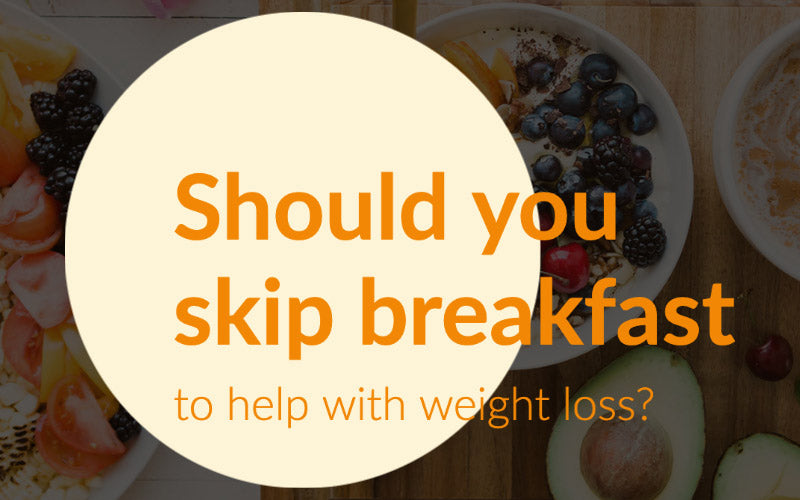Skipping breakfast has been a popular method for weight loss for many years. The theory behind this idea is that by eliminating the first meal of the day, you will consume fewer calories overall and, as a result, lose weight. While there are some benefits to skipping breakfast, there are also some potential disadvantages. In this blog post, we will explore the pros and cons of skipping breakfast and determine whether or not it is the right choice for you.
Pros:
- Caloric Restriction: Skipping breakfast can help with caloric restriction, essential for weight loss. Reducing the number of calories you consume each day will create a caloric deficit that can result in weight loss.
- Intermittent fasting: Skipping breakfast is one of the methods of intermittent fasting, which is known to have many health benefits. Intermittent fasting has been linked to increased insulin sensitivity, improved cognitive function, and reduced inflammation.
- Convenience: Skipping breakfast can be a convenient option for busy individuals who don't have time to prepare a healthy breakfast in the morning. Instead, they can focus on their morning routine or getting to work on time.
Cons:
- Decreased Metabolism: Skipping breakfast can slow down your metabolism, making it more difficult to burn calories throughout the day. When you skip breakfast, your body goes into a “starvation mode,” slowing down your metabolism to conserve energy.
- Increased Hunger: This can result in overeating or making unhealthy food choices, which can sabotage your weight loss efforts
- Nutrient Deficiencies: A balanced breakfast can provide important vitamins and minerals that your body needs to function properly.
- Breakfast is too good, there are way too many delicious options.
Is it right for everyone?
Skipping breakfast is not the right choice for everyone. Those with certain health conditions, such as diabetes or low blood sugar, may experience negative side effects from skipping meals. Additionally, pregnant women, children, and athletes require a higher calorie intake and should not skip meals.
What health issues should you not do it with?
Individuals with diabetes or low blood sugar should not skip meals, as this can lead to hypoglycemia. Additionally, those with a history of eating disorders should avoid skipping meals, as it can trigger unhealthy eating behaviors. In conclusion, skipping breakfast can be an effective method for weight loss for some individuals. However, it is important to consider the potential drawbacks, such as a slowed metabolism and increased hunger. Skipping breakfast may not be suitable for everyone, especially those with certain health conditions or a history of eating disorders. If you are considering skipping breakfast as a weight loss strategy, it is important to speak with a healthcare professional to determine if it is the right choice for you.
Which Sol Nutrition products should I pair with my lifestyle if I plan on skipping breakfast?
If you plan on skipping breakfast we recommend:
- Belly Reset: Supports a healthy GI tract. Encourages natural production of probiotics for proper digestion and regular bowel movements. This popular formula helps rebalance your gut health, calms cramps, reduces bloating, and relieves gas so you can enjoy your day without being held back by belly issues.
- GoGo Energy: A healthy herbal alternative to energy drinks or coffee is our GoGo Energy formula. Unlike caffeine and other stimulants, GoGo will give you a long-lasting boost of energy without compromising your adrenals. No crash, no jitters, just naturally elevated energy levels throughout the day.
- Skinny Me: Our Skinny Me herbal supplement helps you to lose weight by supporting your metabolism and your liver while encouraging fat burn. This formula also helps break down and metabolize sugar more efficiently, improving your gut health.
At the end of the day skipping breakfast/intermittent fasting can be for some people under the right circumstances but please talk to your doctor about what is best for you.
These statements have not been evaluated by the Food and Drug Administration. This product is not intended to diagnose, treat, cure or prevent any disease.

Share:
Skinny Me: Let's fix that diet!
Practical Tips to Improve Your Gut Health with Sol Nutrition